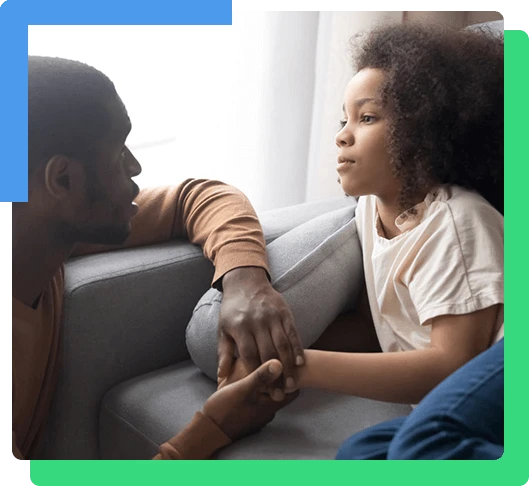Bipolar Disorder

Bipolar Disorder Specialist
Bipolar Disorder Q & A
What is bipolar disorder?
A disorder associated with episodes of mood swings ranging from depressive lows to manic highs. The exact cause of bipolar disorder isn’t known, but a combination of genetics, environment, and altered brain structure and chemistry may play a role.
Manic episodes may include symptoms such as high energy, reduced need for sleep, and loss of touch with reality. Depressive episodes may include symptoms such as low energy, low motivation, and loss of interest in daily activities.
Mood episodes last days to months at a time and may also be associated with suicidal thoughts. Treatment is usually lifelong and often involves a combination of medications and psychotherapy.
Are all episodes of bipolar disorder the same?
Bipolar I disorder (Bipolar Manic)
Bipolar II disorder (Hypomania)
Cyclothymic disorder

What is bipolar depression?
When you have bipolar disorder, you experience recurring mood swings with changes in your energy level, thinking, and behavior.
These characteristic mood swings cycle between episodes of high energy, called mania, and low energy or depression. When depression is part of bipolar mood swings, it’s called bipolar depression.
Bipolar depression has the same symptoms as unipolar types of depression, such as major depressive disorder. The difference between the two is that people with unipolar depression do not experience the mood swings to mania.
How is bipolar depression treated?
Antidepressants aren’t the first choice of treatment for bipolar depression because they can trigger mania or cause rapid cycling between manic and depressive episodes.
The first line of treatment for bipolar disorder includes mood stabilizers such as lithium, antipsychotic medications, and psychotherapy. Although these treatments can improve bipolar depression, symptoms may persist in some patients.
Whether you’ve been diagnosed with bipolar disorder and need help with depression, or you want an assessment to determine the cause of your symptoms, call Esperanza Behavioral Health and Services or book an appointment online.
